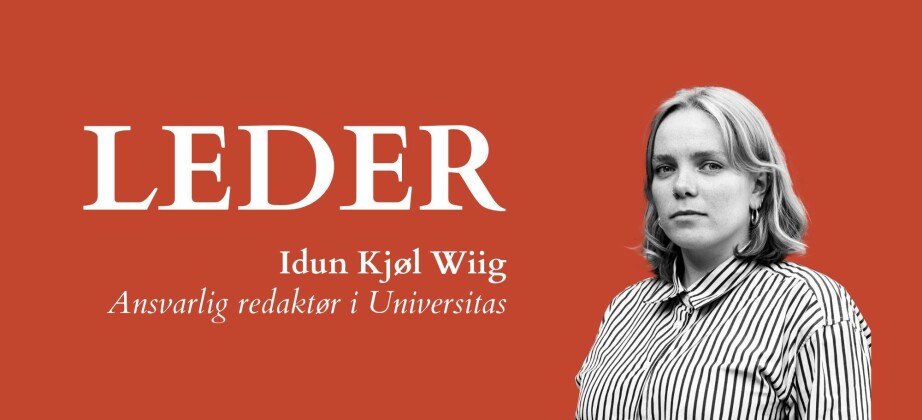
Networks more important than studies
Six out of ten former students think that social networks are as equally important for the career opportunites as the education itself, according to a new survey.
If you want a good job after finishing your studies, you might consider spending more time in the university cafeteria than in the library. According to a British survey a large network seems to be just as important as the education itself when it comes to future job opportunities.
One out of four got job from a friend
As many as 60 per cent of the former students who participated in the survey says that the networks they got during their university studies were as important or even more important than the degree, the political newspaper Politics.co.uk reports. As many as 41 per cent of the participants stated that a friend from their respective universities introduced them to an employer or provided them with a job interview. 24 per cent say they actually got a job because of a friend or acquaintance from their student days.
– It is clear that this is relevant in Norway, too. Those who are good at following the principle of Winnie the Pooh are rewarded for being good at combining their education with relevant experience and network building, says the leader of the Career Center at the University of Oslo, Gisle Hellsten. He says that around 60 per cent of Norwegian employees are employed via other channels than the regular job market.
Ragnhild Silkoset, associate professor by the Department of Marketing at BI Norwegian School of Management in Nydalen, thinks that the networks you build during your student days are highly effective.
– It doesn´t cost much to maintain these networks since they are not like close friendships where you have to tend to the relations, she says.
Hellsten at the Career Center makes a point out of the fact that working in student organizations and student publications and the like can provide valuable contacts that might sit on hidden valuable information that is useful in terms of a job search.
– It can be in the shape of a tip about positions that are to be announced available, need for help that hasn’t been announce yet and recommendations from people who know you through the networks you built during your student days, says Hellsten.
He still underlines that the most important thing is to finish your education.
– UiO is not Oxford
Associate professor in sociology by the University of Bergen (UiB) Johs Hjellbrekke has done research on social class and social mobility, and he thinks networks are of importance when it comes to career, also in Norway.
– It’s obvious that it’s an advantage to maintain networks. A lot of information goes through networks, and this information is more accessible if you actively use the networks you have, he says.
Hjellbrekke underlines that he is not aware of research done on the subject among students in Norway, and therefore he cannot tell whether Norwegian students, like the British, value their networks as much as their education itself.
– However, networks seem to be even more important in Great Britain than in Norway. The English university system is to a greater degree characterized by elite institutions, and recruiting to elite positions goes through networks from these institutions. Having a degree from Oxford is a bit different than having a degree from UiO or UiB, says Hjellbrekke.
Silkoset, on the other hand, does not see any reason for networking to be different in Norway than network building in other countries.
































